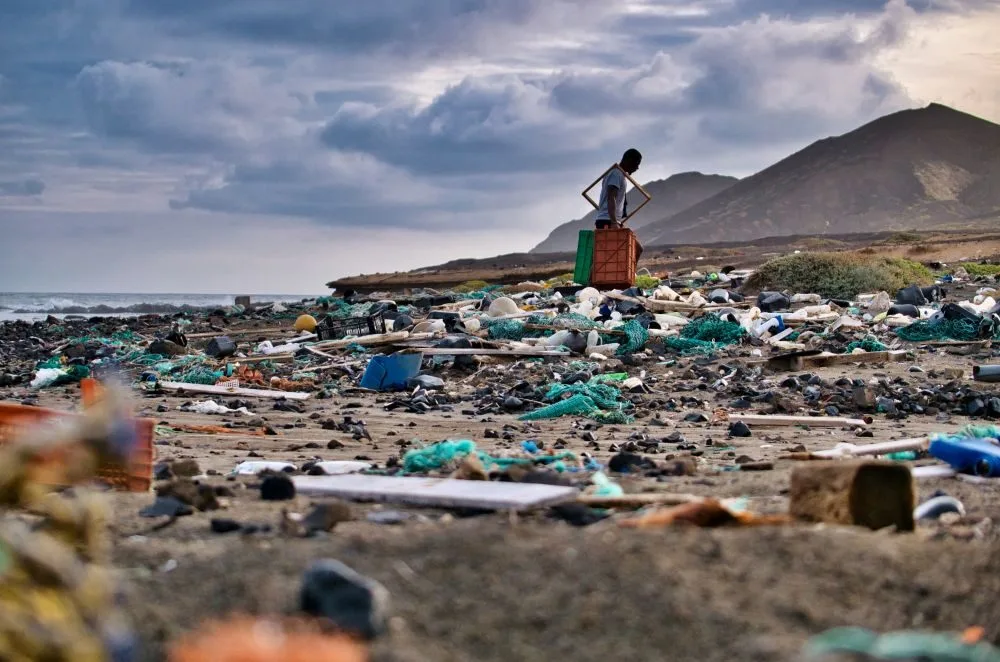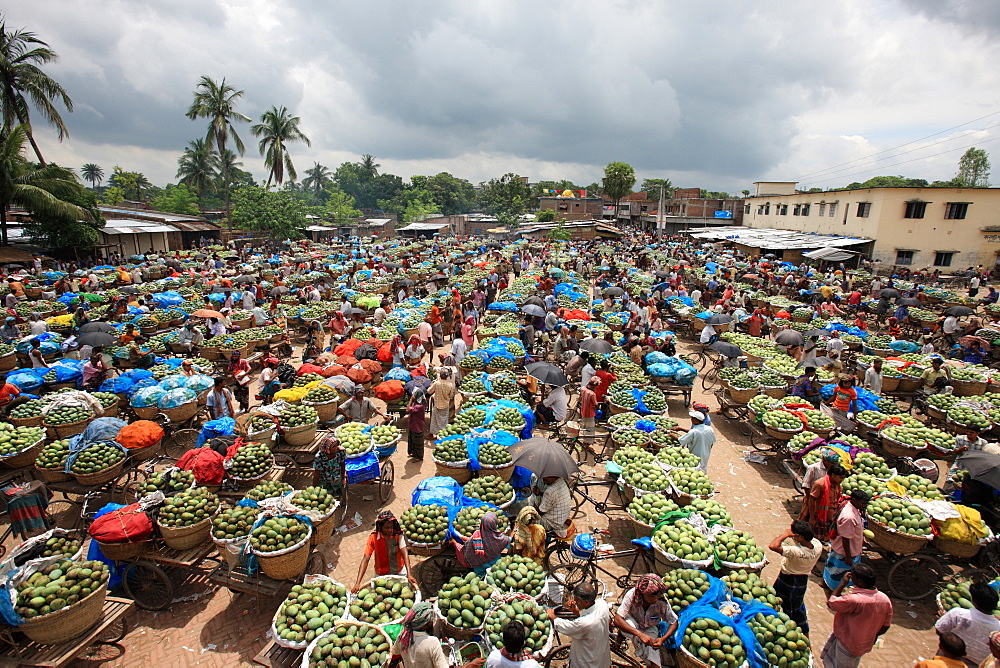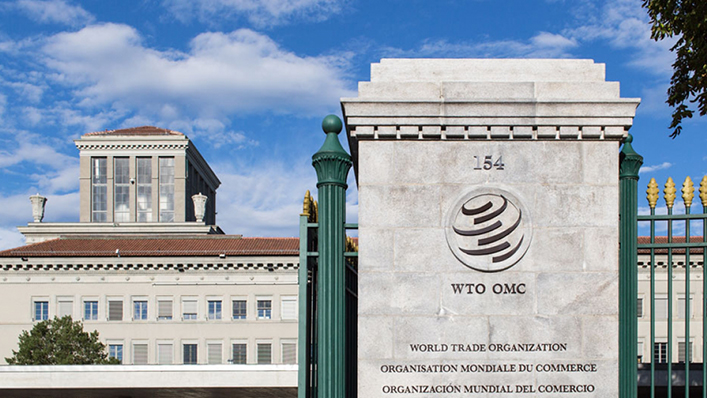QUNO is pleased to welcome Joachim Monkelbaan to our Geneva office, as Representative for our new Sustainable and Just Economic Systems programme, which seeks to foster economic systems that deliver prosperity for all. Joachim brings 15 years of professional experience with organizations such as UN Environment, International Union for Conservation of Nature (IUCN), International Centre for Trade and Sustainable Development (ICTSD), and the World Health Organization (WHO), among others. Joachim directed several Sustainability Impact Assessments of trade and investment agreements for the European Commission. He is co-founder of the Sustainability Leadership Lab, a training institute focused on raised awareness of complex adaptive systems, group dynamics, and leadership competencies. His complete bio can be found here.
QUNO Geneva welcomes Joachim Monkelbaan
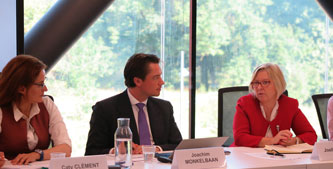
Focus Areas
News

QUNO Overview — Second Part of the Fifth Session of the Intergovernmental Negotiating Committee on Plastic Pollution (INC-5.2)
August, 2025
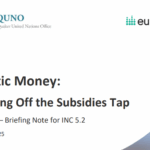
Plastic Money: Turning Off the Subsidies Tap (Phase 3 – Briefing Note for INC 5.2)
August, 2025

QUNO at INC-5.2: Timeline & Advocacy Highlights
August, 2025

